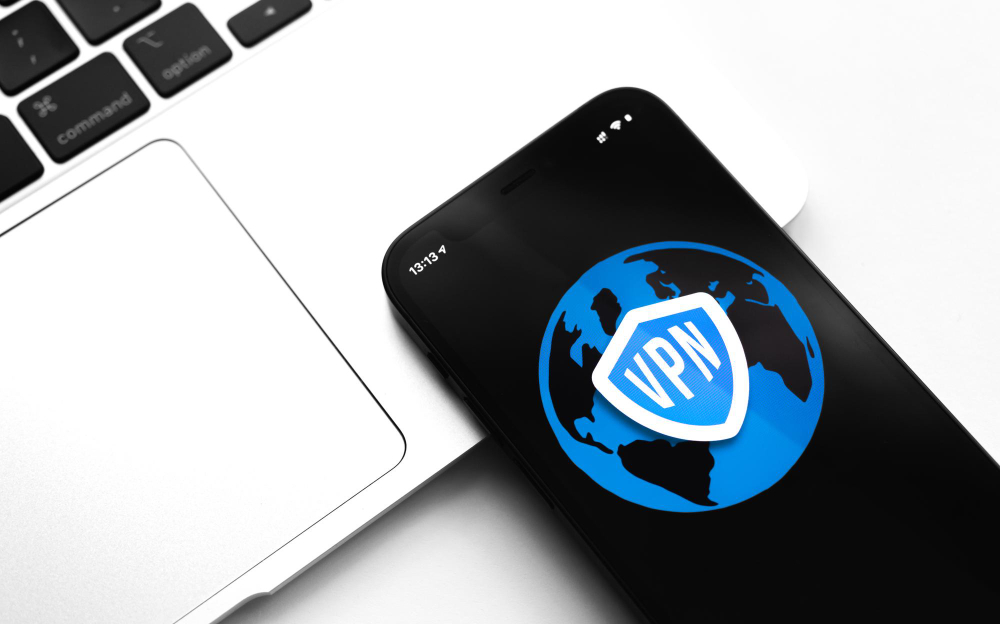Using the internet and all its features has a ton of advantages, but that can have big consequences on our security. With the development of online services, shops, various platforms, social media, and other cool stuff we use on a daily basis, the number of data hijackers, thieves, and hackers has seen a rapid increase.
To prevent this, special software to fight these problems and to make it easier for us to search the web has been developed. We are talking about a famous and widely-used VPN.
We will introduce you to it briefly and explain its purpose, benefits, and potential concerns.
Contents of Post
What Is VPN?
A VPN is a virtual private network that gives you the transparency and anonymity browsing the internet, creating a private network out of the regular public connection that your ISP provides. Your provider supplies you with the connection and can have insight into what you are doing online – anytime.
The thing about VPN is it encrypts all your internet traffic and directs it via an additional server positioned at another distant location anywhere in the world. Due to that encryption, it is impossible for someone to see what you are doing online, even if they intercept your connection.
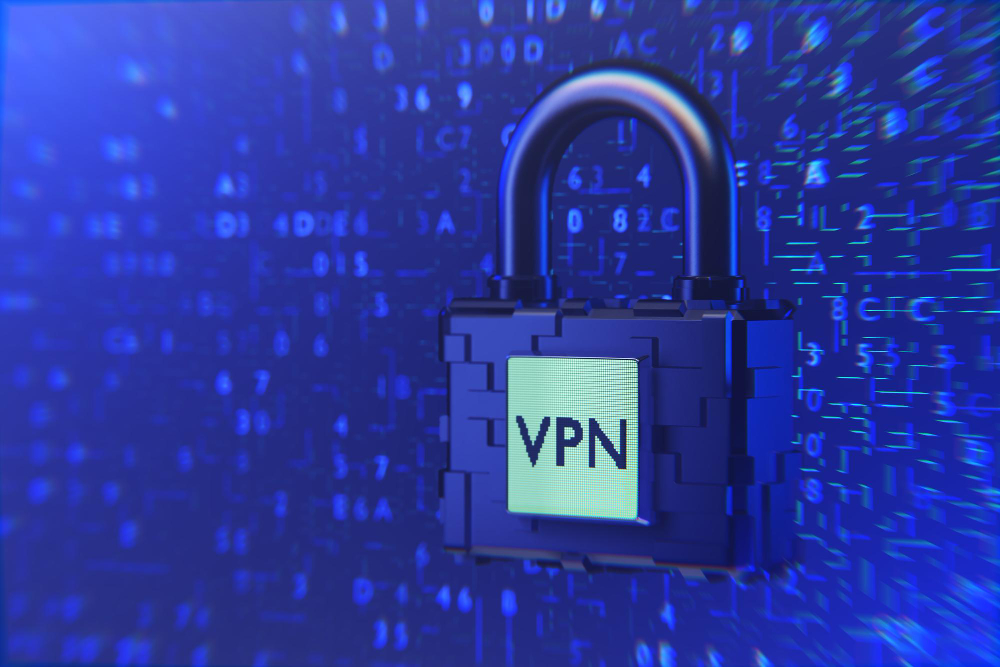
VPNs are among the most effective cybersecurity methods as they defend people and enterprises from a multitude of cyber attacks, secure their data, and support them in ensuring their privacy. A good VPN hides all your sensitive data, first and foremost your browsing history, your IP address, and physical location. It can also protect the devices you use, your web activity, and your identity, as well.
VPN is a need for you if you simply want greater security or you don’t want to spill your data when out in public by connecting to Wi-Fi networks that anyone with the correct software can spy over and have the private data of the linked devices on their palm.
It serves as a guard that hides all of your online activities while it is active, including any file downloads, web searches, and shopping at your favorite online retailer. Hackers, law enforcement, the government, and any other software or person cannot see any indication of your web presence.
How Does the Vpn Protect Us?
A VPN protects your IP address by routing it through a specially configured distant server controlled by a VPN host. Simplified, when you go online using it, the VPN becomes the actual source of your data. All of this results in an inability for any subject to see what you are doing.
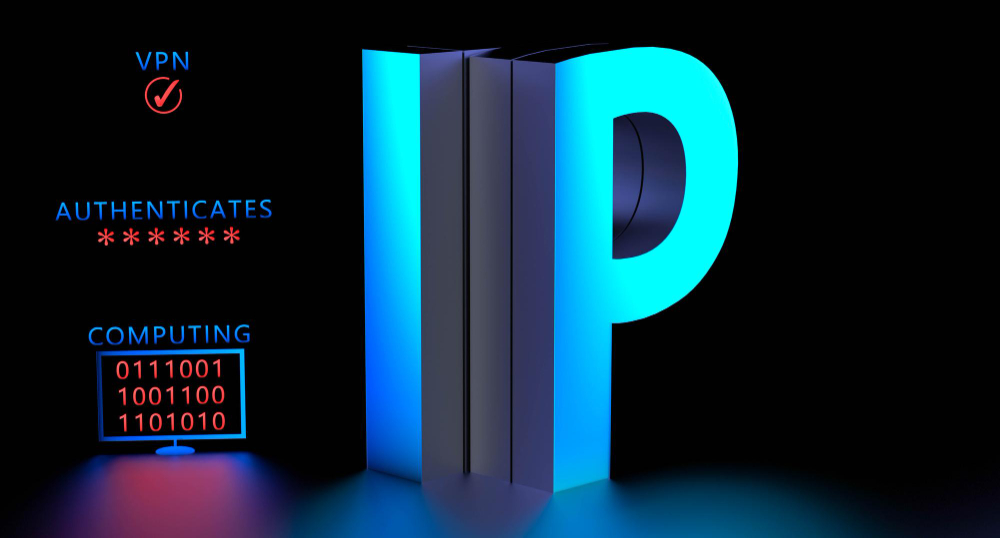
It uses a special technology (ATM, MPLS, and frame-relay circuits) that encrypts your data and private information and makes them useless for hackers. The side that owns specific VPN software possesses an enormous number of servers located worldwide, so using it, your real address becomes unapproachable.
For instance, when you use the internet without VPNs, you are accessing the websites hosted by the nearest servers whose location is very well known. For example, suppose you are sitting in a cafe connected to their Wi-Fi.
In that case, the hacker can easily intercept your activities and do whatever he wants with the data he considers valuable. But with the VPN, even if he does intercept your connection, all the data will only be displayed as nonsensically muddled code.
Why Is Vpn So Popular?
VPN has gained popularity and mass usage largely due to the guaranteed anonymity and security it provides to the user. Since our IP is a very sensitive sequence of numbers that can be easily tracked by routing through the provider servers, what we do online can be seen anytime.
Another example of VPN’s wholesomeness is the fact that our ISP can share our preferences that can be concluded via our browsing history with the advertisers and third-party companies (have you noticed how every ad on any website is directly focused on your preferences?).
The fact nowadays, we all have connected to public Wi-Fi networks in a restaurant, schools, or cafes is enough to bring our security awareness and to ask ourselves is it safe to enter sensitive data (passwords, credit card numbers, etc.) while we are connected on one of these. That is the reason more to opt for good VPN software that will protect us from this kind of unnecessary stress and potential data breaches.
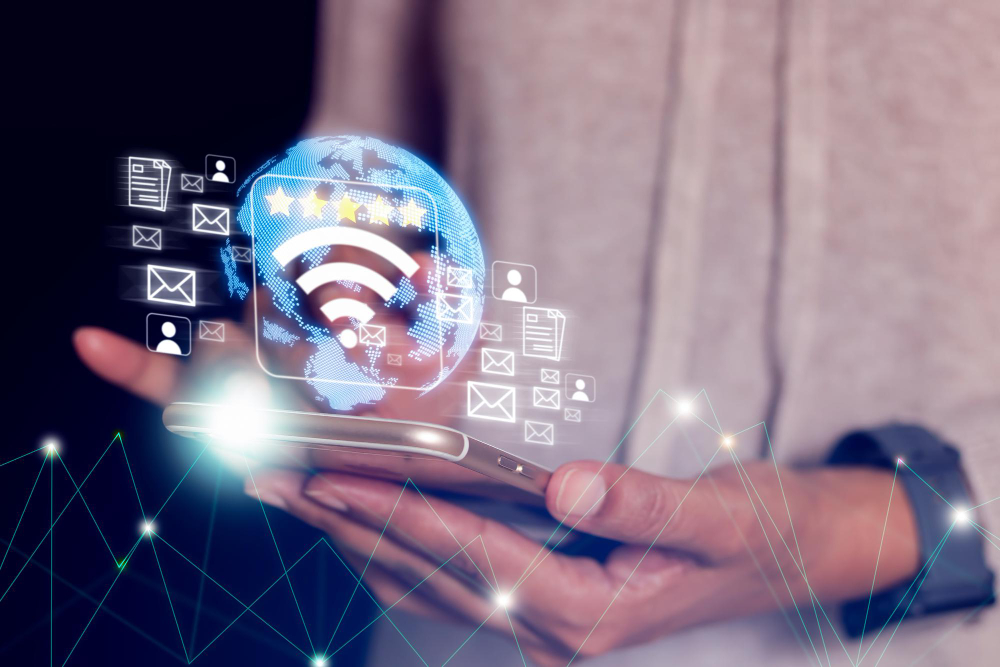
Increasingly popular and frequent DDoS attacks are one of the threats the VPN can easily protect you from. DDoS attacks happen when the person intentionally inflates your network traffic, which results in overcrowding servers, and crashing websites.
Since VPN hides your IP address, it is impossible to perform this kind of attack for which the attacker needs to know which address he will target.
What Parameters and Specifications To Look at When Choosing a Vpn?
For choosing a perfect VPN, we need to look for some incredibly important features:
- Privacy: We use VPNs to protect our privacy with it, but also, we must be sure that they operate with a no-log policy which means they should never track or store any of your online activity.
- Server location: VPN’s server location is as important, and we should take it into consideration as such. The closer the server, the higher the speed of our connection.
- Data limits: We don’t want to be limited on how much we can use a VPN. Choose those VPNs that have no data limits whatsoever!
- Kill switch: A good VPN has to predict any drop in the connection. For instance, during our search, we lose the connection with it, and we are automatically switched to our regular ISP protocol, where we are susceptible to espionage and attacks. The kill switch works that way. It instantly cuts your connection with the internet in order to stop your activity and therefore disable any potential threats.
- Price: Final piece of the jigsaw is definitely a price! It would be perfect for finding a VPN that fulfills all the above for the right price.
Can Vpn Actually Protect Us?
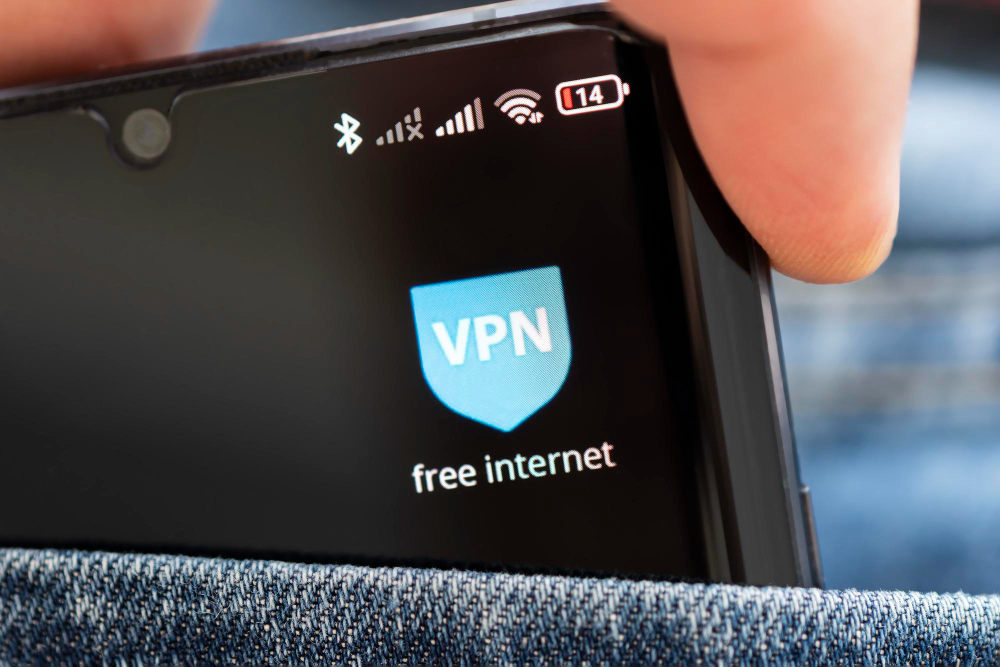
VPNs offer a bunch of beneficial features that make them so popular and efficient. Firstly, they improve your security in general. You don’t need to worry about the reliability of your favorite coffee shop’s Wi-Fi, e.g.,
They prevent any unwanted data collecting by our ISP, which can be sent to marketers and companies. They warn us about potentially suspicious websites that we may want to enter and more!
Conclusion
We demonstrated that VPN is truly a great thing as it can really help in securing ourselves online. But, at the end of the day, we are the ones who can do the most for our online security by choosing stronger passwords (e.g., a mix of the lowercase and uppercase letters, numbers, and symbols), enabling two-factor authentication without entering suspicious sites and e-mails, and keeping our software up to date.

